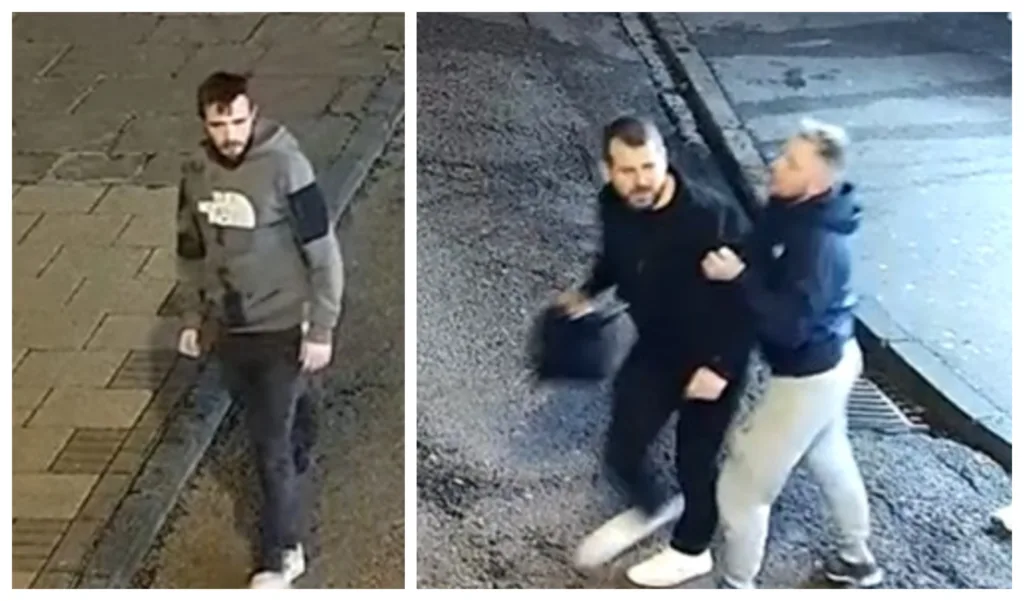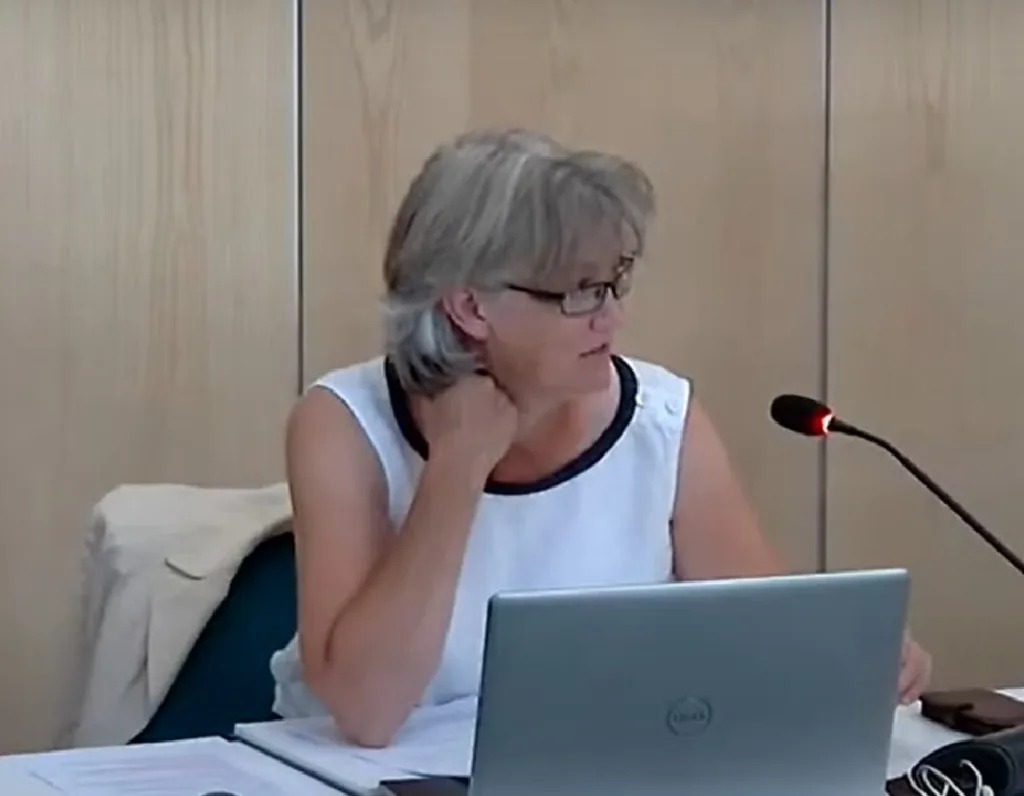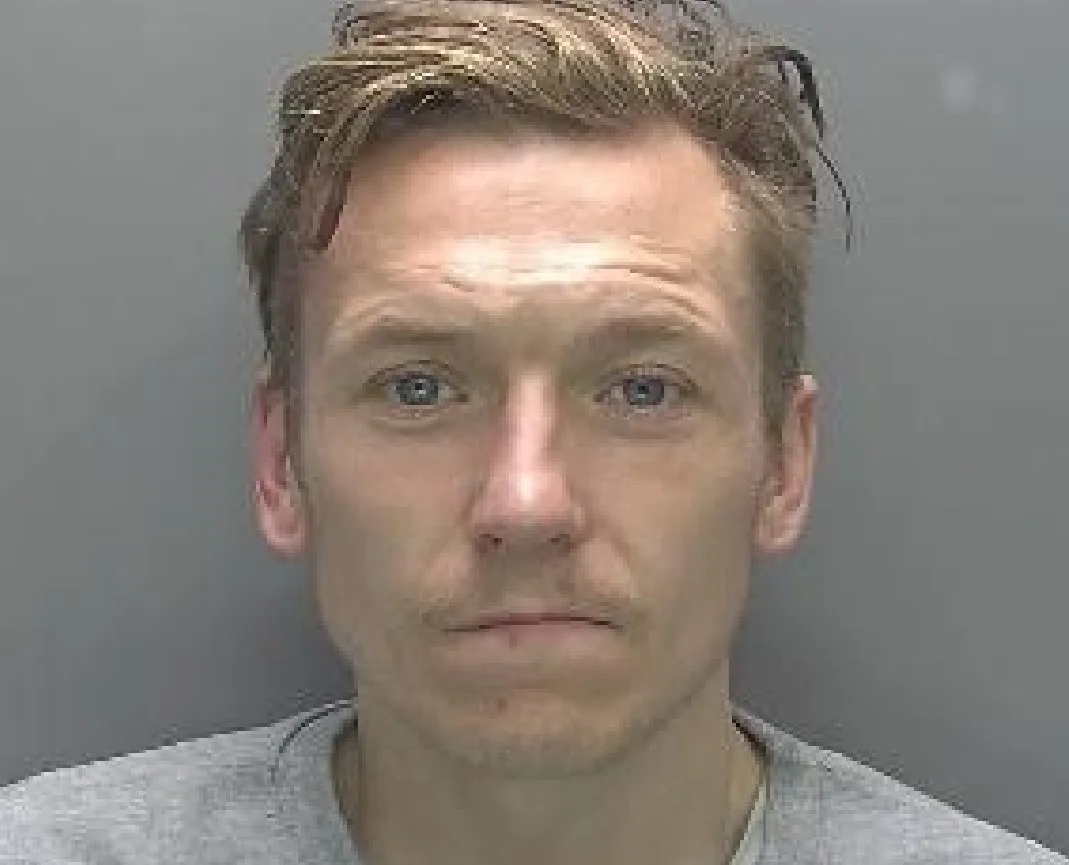Today (8 March) marks the 10th anniversary of when Clare’s Law was introduced, a domestic violence scheme which allows officers to disclose information on request about a partner’s previous history of domestic abuse or violent acts.
The scheme was named after 36-year-old Clare Wood who was murdered in 2009 by her ex-boyfriend who unbeknown to her, had a record of abusing women.
Clare’s father, the late Michael Brown, campaigned for Clare’s Law as he argued his daughter’s death would have been prevented had she known her boyfriend had a violent past.
Here we speak to a domestic abuse survivor from Peterborough who has used Clare’s Law.
“Clare’s Law made me realise that I wasn’t going mad,” said Emma Fordham, 50. “I needed that springboard – it saved me.”
Artist and photographer Emma, 50, met her boyfriend through a friend in May 2022, and they instantly clicked.

“We bonded as we were both ex-forces. I thought he was funny, and he was such a proud, hands-on dad,” she said.
“Later that evening we went out. He said he would look after me and we had such a good night.
“Everything moved quite quickly. He introduced me to his family, and we saw each other every weekend.”
However, Emma said in hindsight, there were red flags concerning his behaviour.
“There were signs – he became demanding and controlling. He started asking me why I wasn’t picking my phone up quickly when he called me.”
During the seven-month relationship, the coercive control escalated. Her boyfriend accused her of cheating on him with his friend, stole money from her, threatened to kill her beloved dog and deprived her of sleep.
“When I went to bed, he would want to stay downstairs all night and he would wake me up and insist I go downstairs,” she said.
“But then he would follow up these behaviours by telling me he loved me. It’s very difficult when you are in that situation. I really understand how easy it is to be gas-lit and coerced – it becomes relatively normal.”
One of Emma’s close friends, who had a role in helping domestic abuse victims, recognised what was happening.
“She told me that if I didn’t leave him, I would be dead by the summer,” Emma said.
One evening, Emma decided to submit an online Clare’s Law application to find out if her boyfriend could be a danger to her.
“It was very easy,” she said. “An officer came round to see me the following morning and explained the process. I felt comfortable – I didn’t feel rushed.”
After officers spoke to Emma about the disclosure, she said she felt like she “wasn’t going mad”- her fears were valid.
“I knew then with what I was dealing. I made the decision I didn’t want to be with him, but I was frightened,” she said.
“I told him it was over. He pleaded with me not to end it; I ended up trying to appease him while I made a plan to get out.”
However, about a fortnight later, the situation was taken out of her hands when she came home to find her abuser sitting on her sofa after letting himself in, unannounced.
“He said we should go out, and I said yes because I felt I would be safer,” she said. “But when we went to the pub, he was angry, saying he wanted to ‘punch that bloke’, for no reason.
“He was drunk and when he went outside, he wasn’t allowed back in. I told him I was going back to my house.”
When they arrived back at Emma’s home, the already-strained evening took a violent turn for the worse when her boyfriend launched a violent attack on her.
“He tried to strangle me and pushed me so hard onto the sofa, it broke,” she said.

Emma managed to get him to leave, but he called her constantly through the night, telling her he was outside, cold.
“The next morning, I called the police, they came round really quick.,” she said. “They asked me if I wanted to press charges, but I was scared. But after speaking to my friend, I knew I had to do it.”
In January last year, her former boyfriend pleaded guilty of assault by beating and criminal damage and was handed a two-year restraining order.
Emma, who now supports other domestic abuse victims, said she would encourage anyone thinking of submitting an application to Clare’s Law, to do it.
She said: “I wouldn’t hesitate to use Clare’s Law again. Don’t be afraid, no one needs to know. No one will tell you what to do. When you get told that information, it helps you feel more confident in yourself when making a decision on what to do.”

If you are worried that your partner or ex-partner could pose a danger to you and your family, or if you are concerned about a family member or friend that may be at risk from their partner, you can use Clare’s Law. Visit the Cambridgeshire Police dedicated webpage.




















